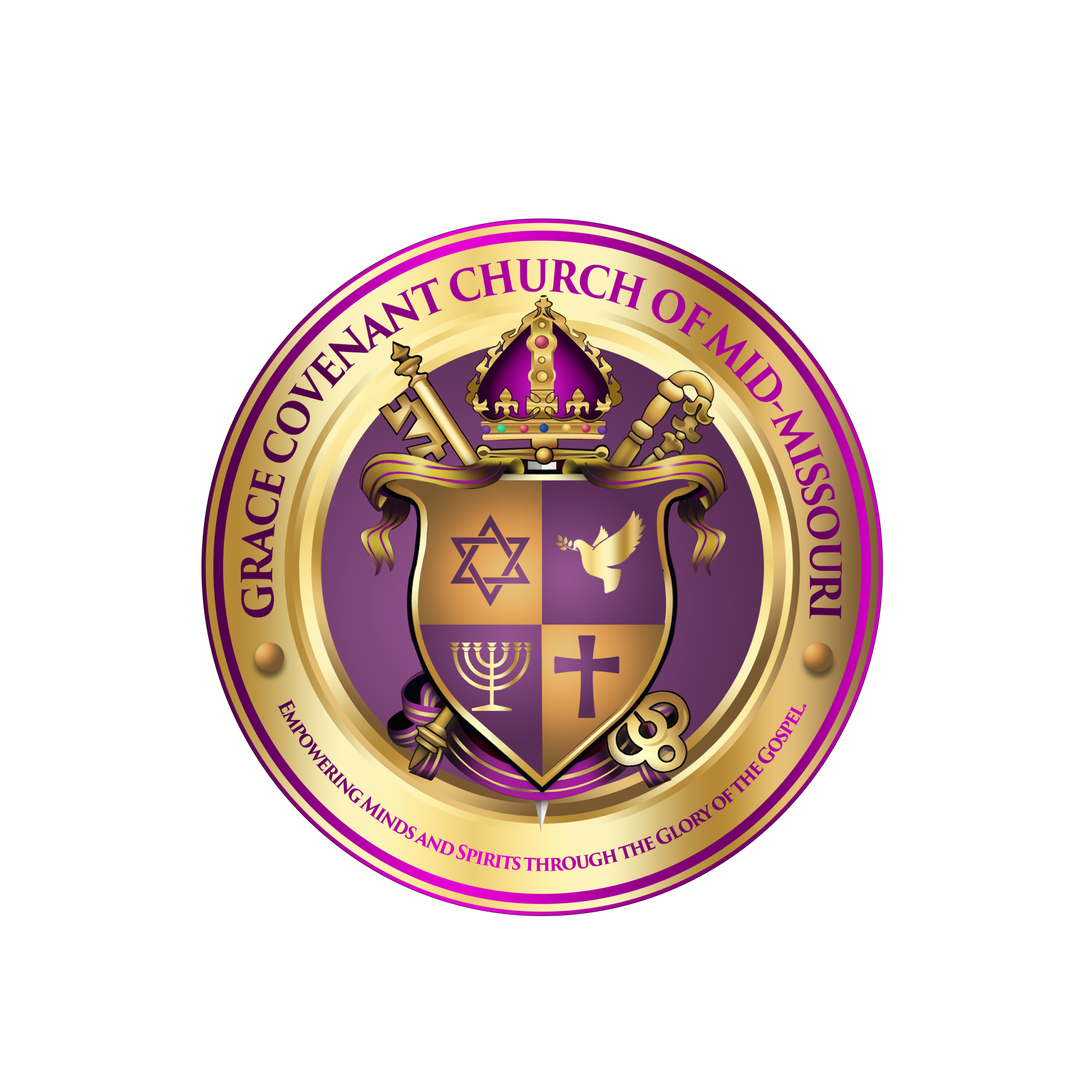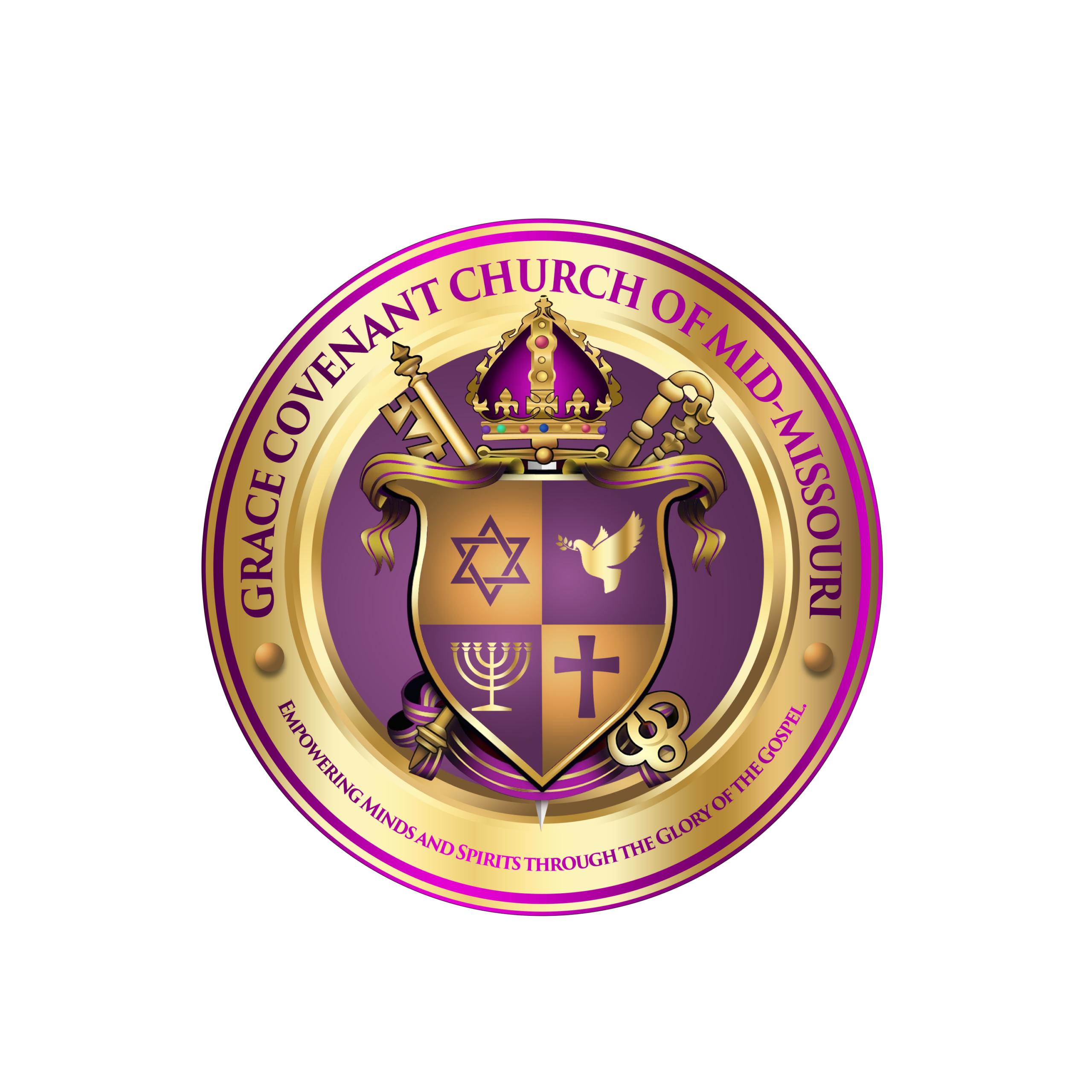Freedom transcends the boundaries set by religious doctrine, leading us to a deep and profound understanding of our true selves. This journey of reflection compels us to turn our attention toward the Western Church, particularly within the unique context of “American Christianity.” Here, the tendency to categorize sins into socially acceptable and unacceptable forms creates a landscape fraught with confusion and contradiction. While the church may not overtly address this dilemma, the actions it endorses and the prevailing cultural norms suggest an implicit acceptance of this flawed distinction. The very idea of acceptable sin stands in stark contrast to biblical teachings, which unequivocally assert that all sin holds equal weight, ultimately leading to spiritual death. This misguided classification complicates our pursuit of genuine freedom in Christ. Individuals might consciously strive to avoid overtly visible sins, yet they often become ensnared by those subtler sins that society deems acceptable but are equally insidious.
Idol worship serves as a particularly striking example of this phenomenon. An idol, in this context, is anything placed above our devotion to God. This form of worship infiltrates a myriad of aspects of American life, pervading realms such as sports, entertainment, and material possessions. Though the church may not explicitly advocate for idol worship, it inadvertently encourages the exaltation of these modern distractions. Frequently, church leaders prioritize sports events or alter service times, overshadowing the spiritual needs of their congregations. This misalignment may lead congregants to direct their prayers toward the fate of their favorite sports teams rather than the pressing needs of their community, thus reinforcing a cultural narrative where such priorities dominate our collective consciousness. The Bible calls us unequivocally to direct our devotion solely toward God, leaving no room for competing interests.
Forgiveness emerges as another crucial aspect often overshadowed by these concerns. The importance of embracing true and complete forgiveness cannot be emphasized enough. Failing to engage in this vital practice sows the seeds of discord and fosters gossip within our communities. Biblical wisdom powerfully reminds us, “But if you do not forgive men their trespasses, neither will your Father forgive your trespasses.” By cultivating a renewed commitment to forgiveness, we can significantly strengthen our church communities, particularly as many within the congregation may carry the weight of unresolved offenses. By rejecting the normalization of socially acceptable sins, we can nurture an environment where freedom in Christ is not merely acknowledged but celebrated and wholly embraced, creating a spiritual atmosphere rich with grace and understanding.


No responses yet